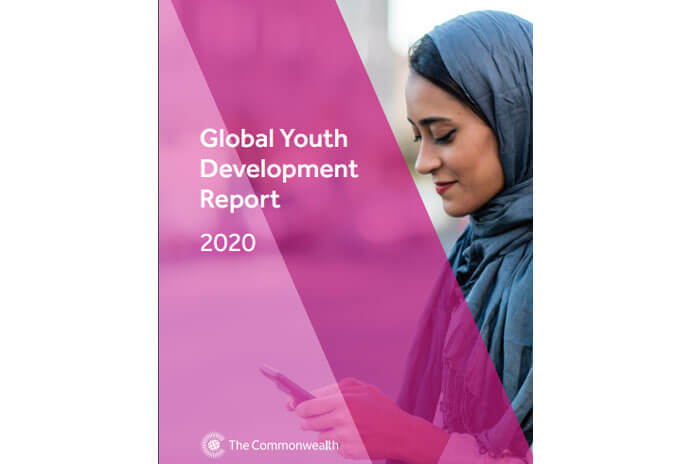BELIZE CITY, Thurs. Aug. 12, 2021– The Commonwealth Secretariat has shared the most recent Global Youth Development Index (2020), an indicator which measures the status of young people in 181 countries across the world. The data for this report was collected between 2010 and 2018, and scores between 0.00 (lowest) and 1.00 (highest) are assigned to countries according to the developments in youth education, employment, health, equality and inclusion, peace and security, and political and civic participation.
The 2020 report places Belize at a ranking of 124 of the 181 countries, with 156 of those countries recording at least slight improvements in their scores. The report also reveals a 3.1% worldwide improvement in youth development between 2010 and 2018. According to the report, the largest improvements (4.39%) were in the area of Health, which was driven by a 1.6 percent decline in global youth mortality rates and a 2 percent drop each in HIV, self-harm, alcohol abuse and tobacco use.
The global education score increased by 3%, while peace and security improved by 3.41%, as a result of fewer young people dying from direct violence. Notably, youth participation in politics is the only domain to record a decline in most parts of the world, with a decline being reported in 102 countries.
Prior to the release of these findings, Commonwealth Secretary-General, the Rt. Hon. Patricia Scotland QC, shared these remarks:
“Young people are indispensable to delivering a future that is more just, inclusive, sustainable and resilient. By measuring their contributions and needs with hard data, our advocacy for their development becomes more powerful, and we are then able incrementally to increase the positive impact and benefits youth are able to add towards building a better future for us all. Our Youth Development Index is a vital tool which has already significantly enhanced our capacity to assess the extent to which youth are engaged to contribute beneficially in their societies, and empowered by enabling policies and tools. While the data used to compile the index was gathered before the COVID-19 pandemic, the findings indicate where progress was being achieved and where it was not, and that urgent action is now needed so that pre-pandemic gains are not lost but sustained and developed further, more broadly and more inclusively. As we work to recover and rebuild from the many consequences of the pandemic, we need to draw as fully as possible on the energy and idealism of youth so that fresh opportunities for social, economic and political development are opened up with present and future generations of young people equipped and empowered to fulfil their potential.”
The index makes recommendations for “more investment in lifelong digital skilling of young people, mental health services, apprenticeships, road safety and youth participation in decision-making to reverse trends which adversely impact them.” It also urges governments to improve data collection in education and diversify how they measure digital skills and online engagement of youth.

